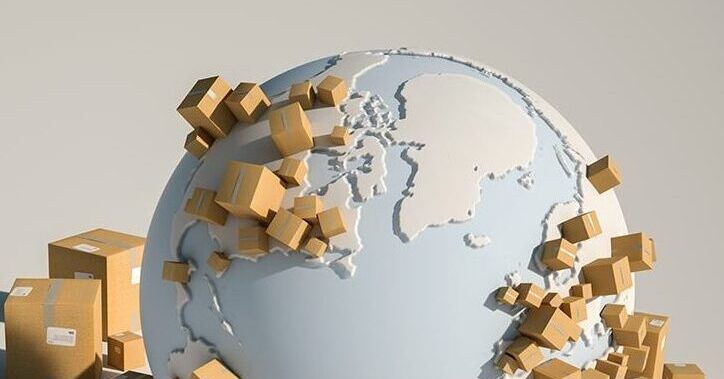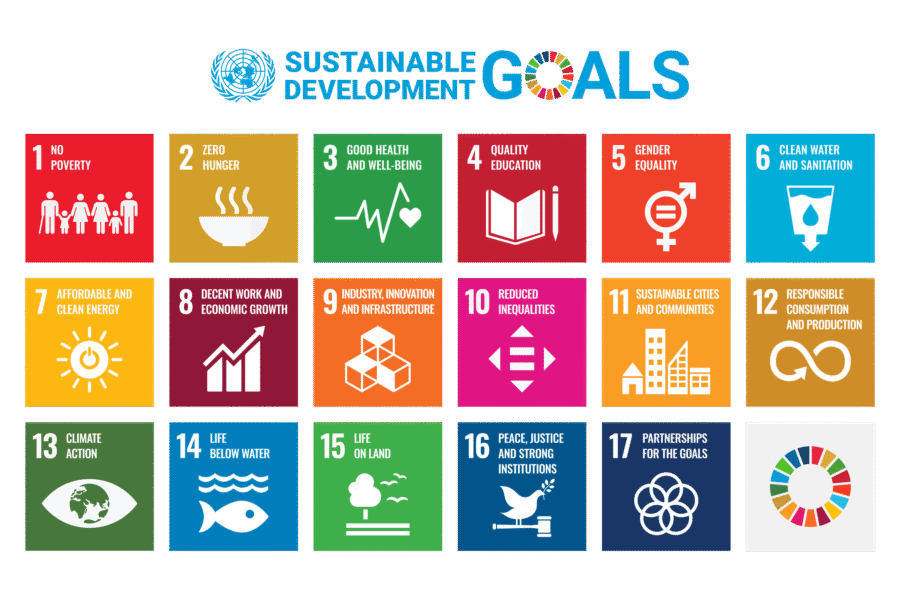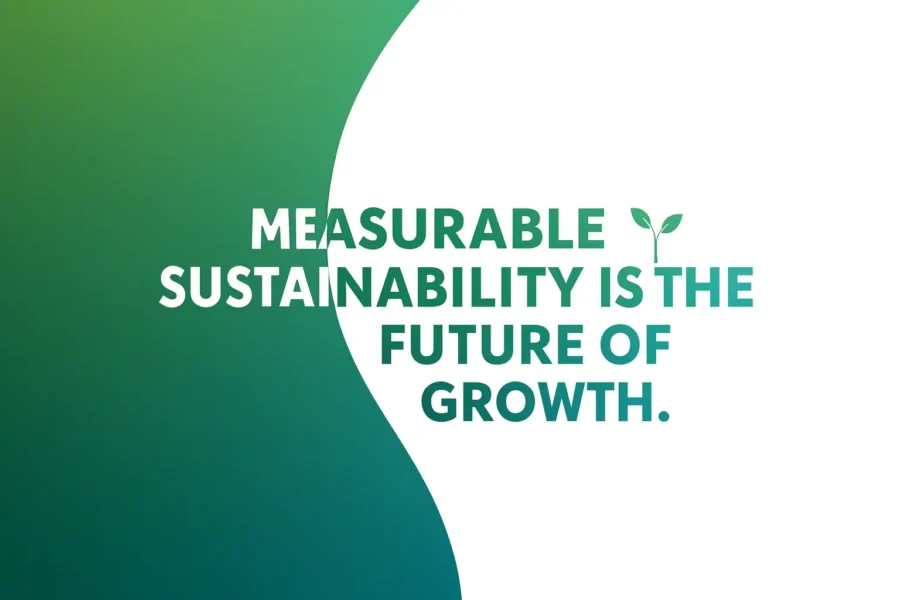Consultants specializing in the sustainable supply chain are the trusted advisors that firms depend on for greening, fairness, and efficiency of supply chains. This includes features like ethical sources, lower greenhouse gas emissions, eco-packaging, fair labor, resilient operations, and circular economy strategies. The consultants provide analytical insights, which include, for example, measuring Scope 3 emissions, connecting sustainable procurement standards such as ISO 20400, or introducing transparency in each link of the value chain. This is not about one-size-fits-all solutions; it is about specific actions that lead to change in the areas of sourcing, logistics, technology, and governance.
2. Why It Matters
The environmental and social impacts of supply chains are typically at a high level. It’s interesting to note that indirect or Scope 3 emissions—similar to the ones associated with your suppliers—usually constitute the company’s footprint largely. A supply chain built on sustainability is waste free, has a zero-carbon footprint, protects the environment and the people, and increases the brand’s reputation. It withstands climate shocks, reduces costs, and fulfills the demands of regulators, investors, and aware consumers. Besides, learning to do sustainability in your supply chain will give you the edge—and will be your launch pad for stable long-term finances.
3. Key Focus Areas in Sustainable Supply Chain Consulting
3.1 Sustainable Sourcing and Procurement
Adhering to the ISO 20400 standards, the consultants assist in embedding sustainability in the procurement process such as using environmentally friendly materials, sourcing from ethical suppliers, and ensuring fair labor. It is all about the suppliers’ choice to support a better planet and a better life for people.
3.2 Transparency, Traceability, and Audits
Managing things that are not visible is not possible. Transparency tools like blockchain traceability and third-party audits are used to keep a check on the impacts across different levels.
3.3 Energy and Carbon Management
The experts measure the whole supply chain GHG emissions and then build the path to cut down on these emissions by the usage of renewable energy sources or optimization of transportation.
3.4 Packaging and Green Logistics
The choices that you make regarding the packaging of your products are of utmost importance. Consultants brainstorm for less and recyclable design options and propose rail or water as clean methods of transport to reduce waste and emissions.
3.5 Tech, AI and IoT Innovation
AI or IoT tech, real-time tracking and smart forecasting make supply chains efficient, transparent, and responsive.
3.6 Strategy, Risk, and Resilience
The consultants will help you in the identification of climate risks and at the same time diversify the sourcing made which will ensure the continuity during the disruptions. Your business continuity plans can be like the Toyotas’ post-disaster chip reserves alongside scenario modeling.
3.7 Circular Economy and ESG Integration
Shifting from linear “take-make-dispose” to the circular models of reuse, remanufacture, and recycling is of immense importance. The consultants will help the company managers to establish the circular practices while integrating the ESG prospects across governance and operations.
4. Who Delivers These Services?
The world’s largest consulting firms-McKinsey, BCG, Deloitte, EY, KPMG, Accenture, ERM, Bain, WSP & Golder-are focusing on strategy, technology, and sustainability across their global operations, which have become central themes. Among them, the boutique firms, Good Business, Systemiq, and Pollination stand out as they go beyond their transformative mission to deliver concrete and hands-on solutions. They usually immerse themselves in the client’s operations in order to bring forward a transformation that can endure.
5. Benefits of Sustainable Consulting
You will experience a wide range of benefits: lower carbon emissions, reduced waste, increased cost savings, and greater operational efficiency. It also helps to build brand trust and customer loyalty, and meet the expectations of regulators and investors. On the contrary, Sustainability you makeyourself more resilient, and so you can cope with crises by having different suppliers and lowering your risks. Furthermore, embedding ESG strategies builds stakeholder value for the long term.
Read More: What is Social Impact Consulting?
6. Challenges & Barriers
Nonetheless, it is not without its problems. You will have to contend with initial investment costs, gaps in supplier data, and the complexity of managing the change. Visibility into the supply chain remains a challenge, as there are difficulties regarding the transparency of the supplier tiers. The cultural resistance of the employees in organizations and the limited budget they often have are the two main reasons for the slow progress.
7. FAQ Section
Q1: What is sustainable supply chain consulting?
It’s expert help guiding businesses to greener, fairer, more resilient supply chains—from procurement to logistics, energy, packaging, and supplier ethics.
Q2: Why is it important?
Supply chains often hold 80–90% of a company’s environmental and social footprint. Sustainable consulting cuts emissions and risk, builds trust, and improves financial health.
Q3: How can companies implement it?
Through supplier auditing, sustainable procurement standards, green logistics, renewable energy, digital traceability, and circular design strategies.
Q4: What metrics should companies track?
Track Scope 3/total carbon emissions, energy use, waste/recycling rates, sustainable material percentages, supplier sustainability scores, and logistics efficiency.
Final Thoughts
Sustainable supply chain consulting is where ethics, strategy, and efficiency converge. Whether you’re a brand leader or supply chain manager, it gives you tools and guidance to reduce impact, unlock savings, build resilience, and make your business future-ready.


